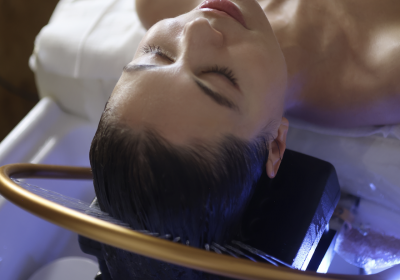Cellulite can be reduced by following a phytonutrient-rich, anti-inflammatory diet, low in salt, sugar, additives and processed foods.
Boost your intake of phytonutrients
Fruit and vegetables are rich in vitamins, minerals, fiber and antioxidants. Antioxidants scavenge free radicals from the body cells, prevent the damage caused by oxidation and delay ageing. Vitamin C in cherries, rosehips, bell peppers, kiwis and lemons boosts collage production while vitamin A in orange fruit and vegetables (carrots, sweet potatoes, mangoes) supports skin cell renewal and improves skin elasticity. Eat fruit and vegetables fresh in order to benefit from all of their nutrients. Challenge yourself to ‘eat a rainbow' each day. The colour of your food can tell you a lot about its nutritional value, and eating a variety of colours is a great way to maintain a well-functioning digestive tract and by default skin health
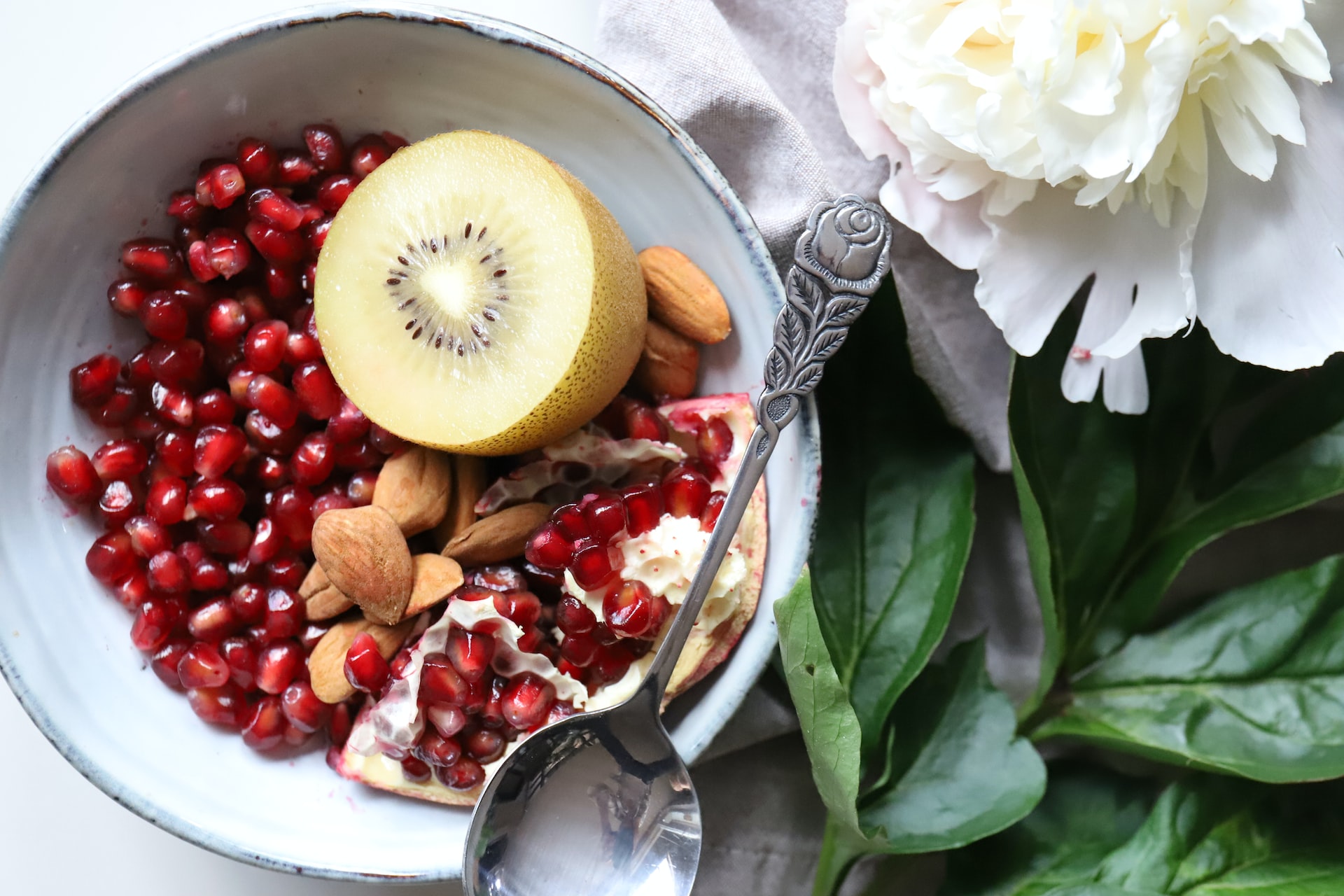 Photo credit: Magalie de Preux
Photo credit: Magalie de Preux
Support your organs of elimination and detoxification
The liver is an important organ of detoxification, which supports skin health and also regulates hormonal balance. Bitters such as chicory, rocket and radish, stimulate bile production, which is the major excretory route for harmful toxins. Cruciferous vegetables such as cabbage, broccoli, cauliflower, Brussels sprouts and kale contain sulpharophane which enhances estrogen clearance by the liver and reduces inflammation in the body. In addition, foods rich in potassium, such as apricots, bananas lentils, sweet potatoes, leafy greens, help regulate fluid balance and reduce water retention supporting kidney and lymph detox.
Dirty dozen – Clean 15
Make sure you buy fresh, organic and where possible local and seasonal produce as it will have the highest nutrient content and reduced toxin content. The more variety of recipes you include each week, the better. If not possible to source organic fruit and vegetables, avoid Dirty Dozen, focus on Clean 15, and peel or soak other fruit and veg in a bicarbonate soda solution.
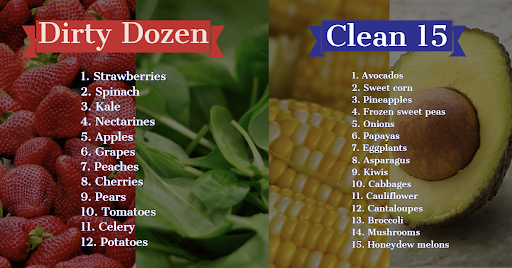
Include good fats and proteins
Make sure your meals contain good fats and proteins to build muscles, keep blood sugar levels stable and avoid constant snacking. Avoid non-organic meat and fish, as they often contain hormones and antibiotics. Watch out for genetically modified foods. Vegetable oils are rich in vitamins, minerals and polyunsaturated fatty acids, which provide an extraordinary range of nutrients to keep our skin in good condition. Healthy unsaturated oils are olive oil (rich in omega 9), flaxseed oil (rich in omega 3), and sesame oil (rich in vitamins and minerals). Omega 3 oils are particularly beneficial as they reduce inflammation and improve skin barrier function, sealing in moisture and keeping out irritants. In addition, Omega 3 oils are linked to increased levels of the fat-burning peptide, adiponectin.
Coconut oil and avocados are good sources of saturated fat, however, they need to be consumed in moderation. Coconut oil contains caprylic, capric and lauric acids, which reduce yeast and bacterial overgrowth. Coconut oil, sesame oil, avocado oil and olive oil are best for cooking, as they have a relatively low smoke point.
Skip trans fats completely. They are found in deep-fried and some processed foods (cakes, doughnuts, margarine, pastries, cookies etc). They raise bad cholesterol, and boost inflammation, which is linked to accelerated ageing.
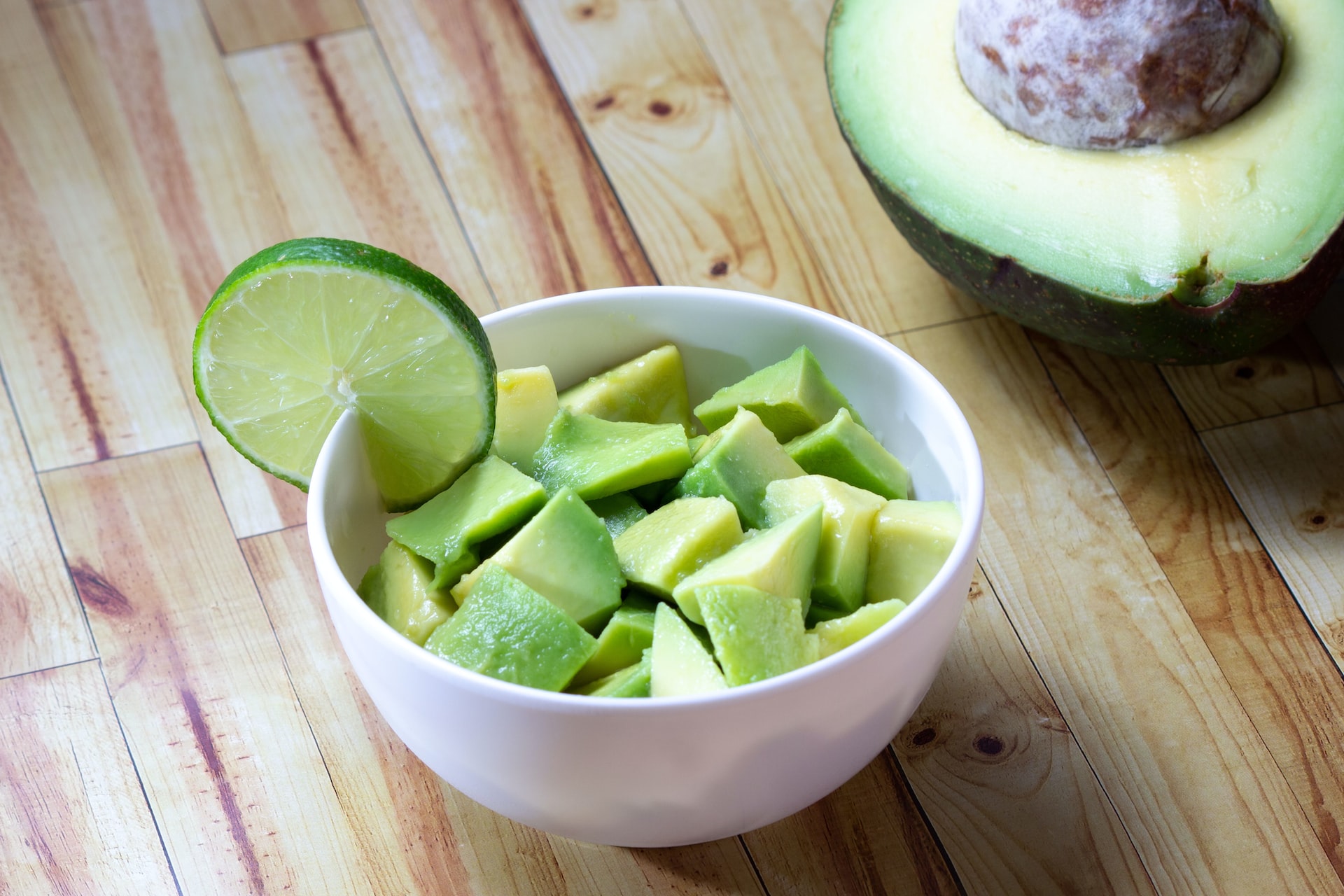 Photo credit: Jefferson Santana
Photo credit: Jefferson Santana
Add superfoods to your recipes
Grape seeds – Rich in polyphenols called proanthocyanidins. They are one of the most potent antioxidants, protecting connective tissue, strengthening blood vessels, supporting the healing of the scar tissue, and improving microcirculation. Additionally, grape seeds have a beneficial effect on lipid metabolism, minimizing the accumulation of fat in adipose tissue and dietary fat absorption by inhibiting fat-metabolizing enzymes.
Flaxseeds – Rich in fibre, Omega 3s and phytoestrogens to keep your bowel moving, control inflammation and balance oestrogen.
Cinnamon – Maintains healthy blood sugar levels and boosts metabolism by stimulating digestive enzymes.
Fenugreek – Curbs food cravings, lowers blood sugar and cholesterol and relieves water retention.
Psyllium husk – Excellent source of fibre for the gut. Improves glucose levels, insulin response, blood pressure, as well as lipid profile thereby reducing metabolic risk factors.
Green tea – Boosts metabolism, inhibits the absorption of fats and stimulates the release of the already stored one. Contains valuable polyphenol, epigallocatechin-3-gallate (ECGC), that heals scar tissue, protects skin against free radicals and prevents obesity.
Blueberry concentrate – Recent study findings suggest that blueberries may influence genes which regulate fat-burning and storage, helping reduce abdominal fat and lower cholesterol.
Ginger and Cayenne – Important circulatory stimulants. The main active ingredient in cayenne pepper is capsaicin, a thermogenic chemical, which helps speed up metabolism, decrease appetite and help burn more calories. Compounds in ginger have antioxidant and anti-inflammatory properties, while also boosting circulation and metabolism.
What to avoid
Processed sugars, simple carbohydrates, excessive salt intake, acidic foods (dairy, meat, caffeine, alcohol, carbonated beverages, artificial sweeteners, box cereals). These foods promote fluid retention, weight gain, slow down detoxification and encourage the destruction of collagen in your body. This weakens your connective tissue and aggravates the dimpled appearance of cellulite.
Hydration
The accumulation of waste in the body contributes in increasing cellulite. Drinking plenty of fluids throughout the day ensures that the waste produced in your system is flushed out. So, keep a track of your fluids.

To make sure you stay hydrated:
1. Start your day by drinking 2 glasses of room-temperature water at least 15 minutes before breakfast.
2. Eat hydrating foods – cucumbers, watermelon, celery, broths and soups.
3. Watch your caffeine and alcohol intake, as they dehydrate the body.
4. Improve your water. Add electrolytes (strawberry, mango, watermelon) to make it more hydrating.
5. Pay attention to the quality of your water. Avoid tap water which contains heavy metals and xenooestrogens and consider high-quality Reverse Osmosis filters for home and office use.
Mindful Eating
The most important aspect that we need to work on is our relationship with food. Food is life and it is vital to enjoy food and by default life to stay healthy.
Cook with love. The eating process starts with food preparation. Read up on the recipes that may interest you, while preparing the food chew a cumin or fennel seed to stimulate metabolic juices and prepare your stomach for digestion. 20% of digestion should happen before we start eating when we are thinking, smelling or seeing the food.
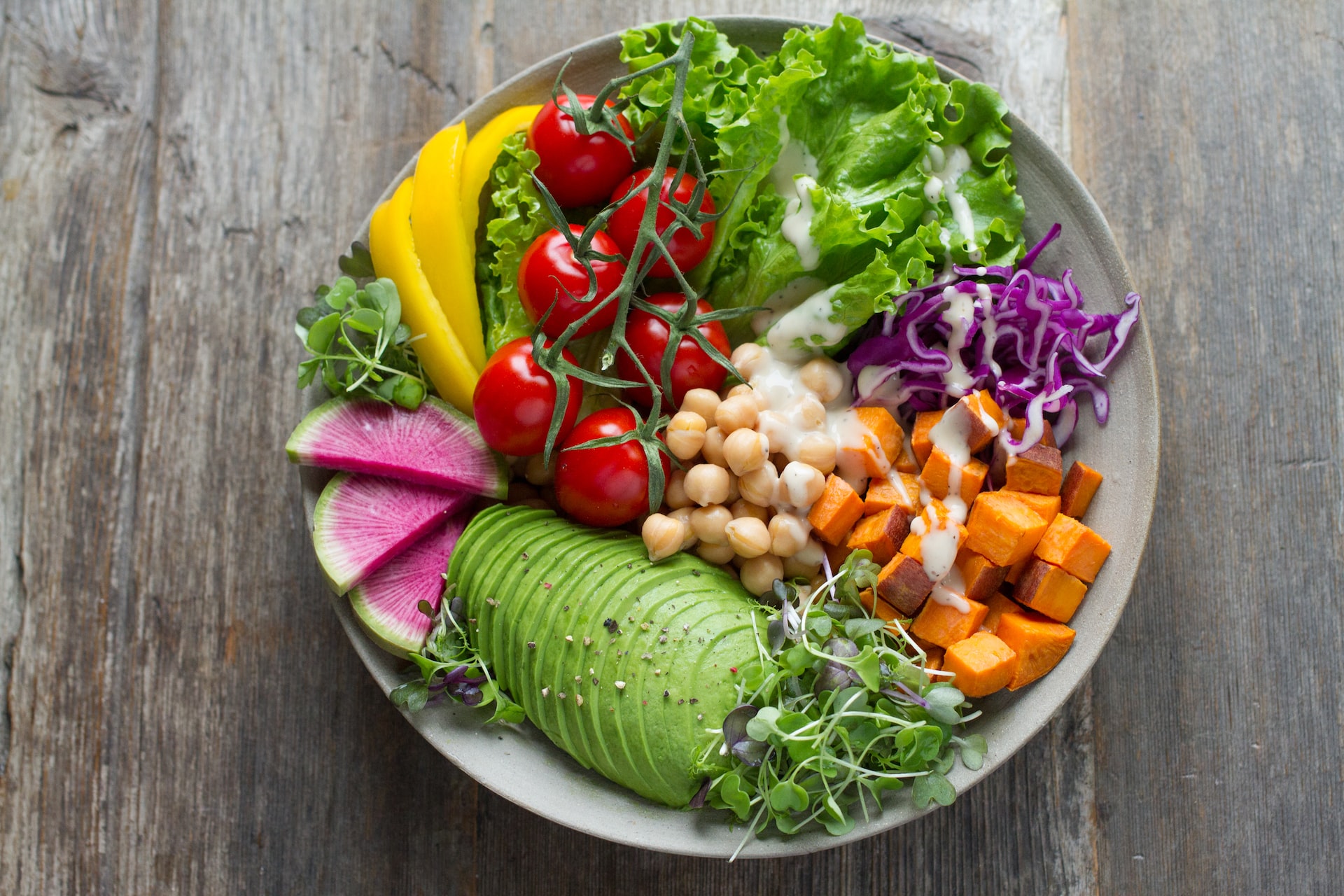 Photo credit: Anna Pelzer
Photo credit: Anna Pelzer
When you apply mindfulness to eating, you simply observe every aspect of what you consume, which transforms even the simplest meal into a rich experience. Find a comfortable place where you won’t be interrupted—away from your computer, TV, phone, reading materials, projects, or other distractions. Become aware of the food in front of you and give thanks—in whatever way resonates with you—for the gift you’re about to receive. Explore all the colours of the foods on your plate. Close your eyes, inhale and experience your meal’s aroma. When you’re ready, take that first bite. Hold the food in your mouth and become aware of its taste, shape, texture, and temperature. Then chew slowly and thoroughly, focusing on the feelings in your mouth.
In this way, you will truly enjoy the process of eating and will not overeat, as your body will become more intuitive to how much food and what type of food you require.
Wishing you the best of health!
Jenya Di Pierro
Tags: Cellulite, Health, Wellness, Tips | Author: Jenya Di Pierro

 Photo credit: Magalie de Preux
Photo credit: Magalie de Preux
 Photo credit: Jefferson Santana
Photo credit: Jefferson Santana
 Photo credit: Anna Pelzer
Photo credit: Anna Pelzer